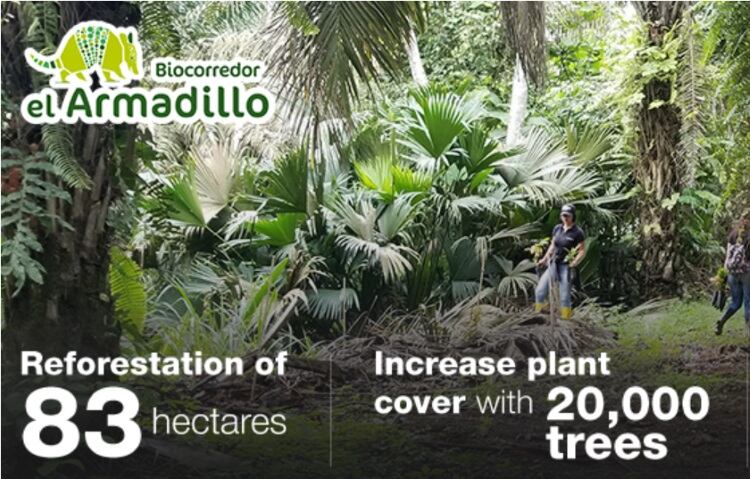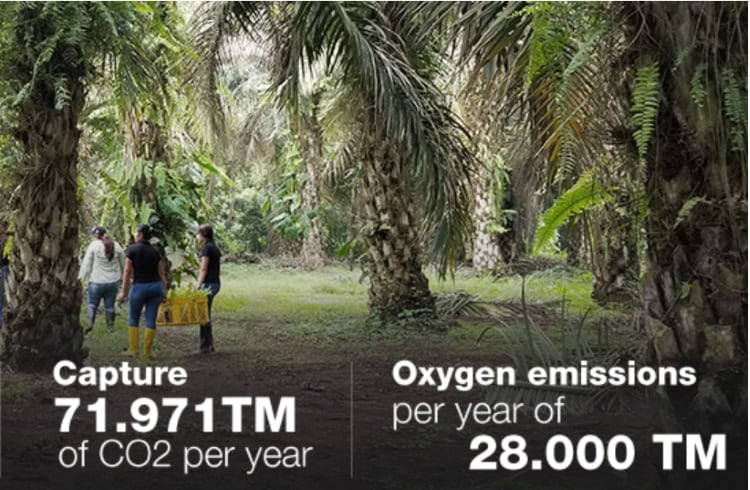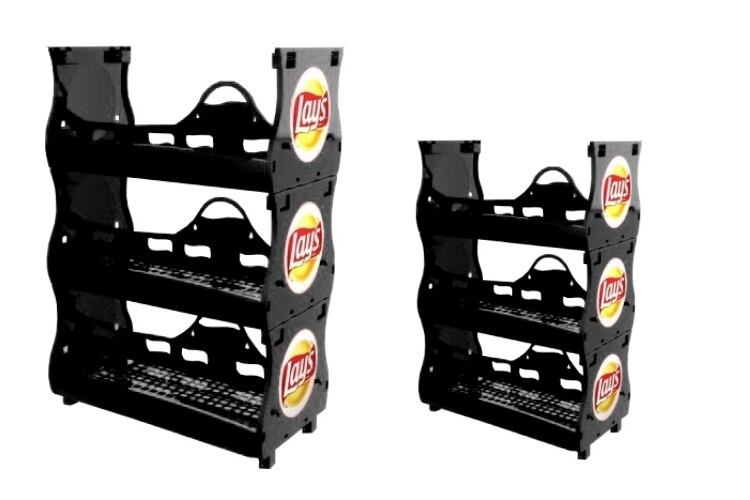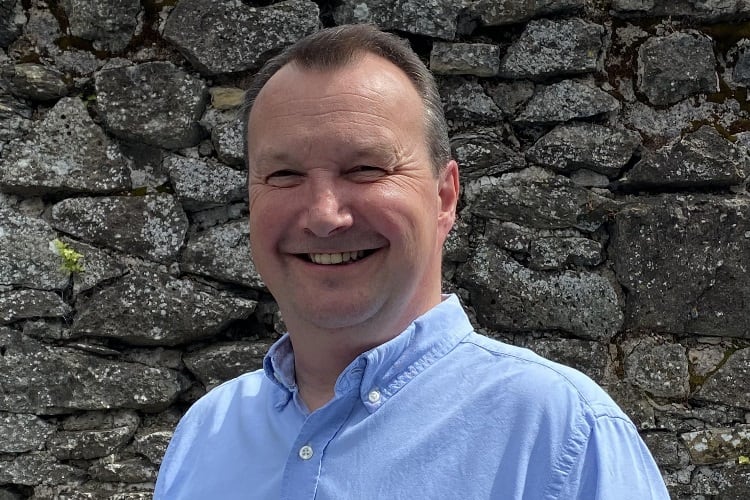In 2000, a group of passionate snackers inspired by the flavours and textures of South America – specifically the magic of the Andean Rainforest – established Exotic Blends.
Samai is its foundation brand, the name derived from Quichua, Ecuador’s most widely spoken indigenous language, which translates into ‘breath of the rainforest’.
The mission-driven producer works to deliver more than just tasty and nutritious snacks and partners with local farmers, who hand-pick topical fruits and veg.
It also places sustainability front and centre, and has established several initiatives focused on reforestation to reduce greenhouse gases, such as the Armadillo Wildlife Corridor and Care Enough, which helps health and education programmes in rural Ecuadorian communities.
In a recent study, Samai even came out as a carbon negative snack.
We caught up with Wladimir Torres at Snackex to find out more about the chips.
Simply put: they’re good for you to snack on
“Our chips are 100% natural and plant-based. Our main line are plantain [vegetable banana] and we them fresh and season them. So, it's a very simple, good for you to snack,” Torres told BakeryandSnacks.
The Santo Domingo-based company is looking to spread its wings further into Europe, having already established partnerships with distributors in the UK, Spain, France and Switzerland.
“We’re looking to spread out business to the Netherlands, Germany and Eastern Europe … so, we’re kind of going from south to north, northeast.”
The rise of climate positive snacks
There is a marked trend towards snacks that are not only good for people but the planet, too, and ‘snack-ifying climate change’ is now de rigueur.
Some of the biggest food players are in on the movement, including Mondelez with NoCOé, its first net zero carbon cracker; Impact Snacks’ superfood bars; Zeelandia and FrieslandCampina’s carbon-free cheesecake; and the AAB EverGrain and Post Holding’s Bright Future Foods JV with Airly crackers.
Samai is right there at the forefront of this emerging megatrend.
“The outcome of this study that we conducted a couple years ago about the carbon emissions that we actually produced through our processing process came out carbon negative,” said Torres.
“We thought we were carbon neutral, that for every kilo of Samai snacks that people enjoy we put away 11kg of CO2. So [the result of the study] was kind of a surprise to us … and we are very happy.”
Giving back to people and the planet

A major initiative set up by the company is the Armadillo Wildlife Corridor, born in 2018 to capture greenhouse gases through reforestation, recuperate pristine water sources and protect the endemic flora and fauna of Santo Domingo de los Tsáchilas (Ecuador) – where Samai chips are produced.
The region is known for its rich culture and beautiful cloud forest, but has unfortunately been subject to mass deforestation.
The wildlife corridor has its own learning centre, where the local community is educated on preserving the environment.
“It is an initiative that we worked out with the local government to a connect patches of natural forest left in the province of Santo Domingo de los Tsáchilas, Ecuador. We put together an area that was an isolated [patch] of rainforest, so now the fauna and flora are actually connected,” said Torres, adding the biocorridor starts at the Samai processing plant and stretches for around 25-27km into the rainforest.

Exotic Blends also set up the Care Enough programme to support health and education programmes in rural Ecuadorian communities.
“One of our most important initiatives is supporting Hogar Valle Feliz (Happy Valley Orphanage) in Santo Domingo de los Tsáchilas, Ecuador. Valle Feliz is a home and school for underprivileged youth, currently housing 60 children.”
Looking forward, Torres said the Ecuadorian producer will maintain its mission to produce simple, natural snacks, while giving back to the community and the earth.
“Being able to keep that in our minds and in our business, you know, locally sourced snacks or raw materials, make them available to the global market, taking into account our responsibility to our people and planet. Very simple.”




